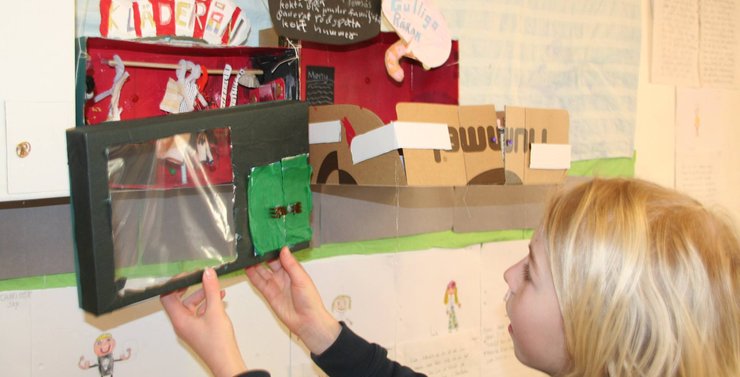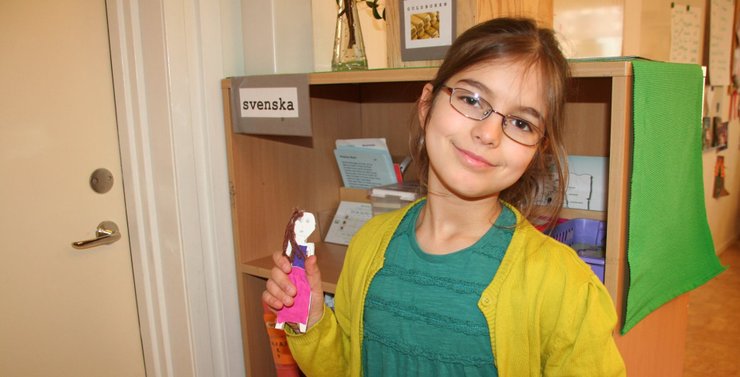This project is based on a holistic approach to issues related to sustainability. The project integrates environmental, social and economic issues into teaching, involving children and young people in the learning process, and preparing them for the future. Our point of departure - a holistic view on education, includes a critical place-based pedagogy that uses the community and their resources as a foundation, emphasising interdisciplinary teaching and learning and promoting a democratic empowering educational setting. The aim with such a setting is to provide students with a sense of agency, and to recognise them as producers of their own knowledge. In addition to place-based pedagogy, our project is based on critical pedagogy which supports questioning oneself as well as relationships to power and providing the students opportunities to question and collaborate through democratic processes that include environmental encounters. Our viewpoint on holistic education is in keeping with UNESCO’s declaration:
It is not enough to supply each child early in life with a store of knowledge to be drawn on from then on. Each individual must be equipped to seize learning opportunities throughout life, both to broaden her or his knowledge, skills and attitudes, and to adapt to a changing, complex and interdependent world (UNESCO, 1996: 85).

The Storyline approach is a cross curricular method that uses the narrative perspective and involves students in creating a story together with their teachers. Within the classroom work during a Storyline a lot of other methods and working ways are used. Outdoor pedagogy, IT, entrepreneurial learning, active learning, aesthetic learning processes, and so on, are used and we will explore how these can be used more effectively.
As it emphasises interdisciplinary topic-based teaching and deep learning, the Storyline approach facilitates a range of competences essential for future schools and for learning of 21st century skills. Competencies, such as critical thinking, problem solving, creativity and innovation, communication and cooperation, are crucial, and their importance is reflected in policy documents around the world. Storyline has the potential to support such skills; stories can convey the complexity of human actions, assist in understanding concepts, and be a medium for sharing human experiences. Making and telling stories are thus - and have always been - essential activities for human life, cultures and traditions.

The European Commission's support for the production of this publication does not constitute an endorsement of the contents, which reflect the views only of the authors, and the Commission cannot be held responsible for any use which may be made of the information contained therein.